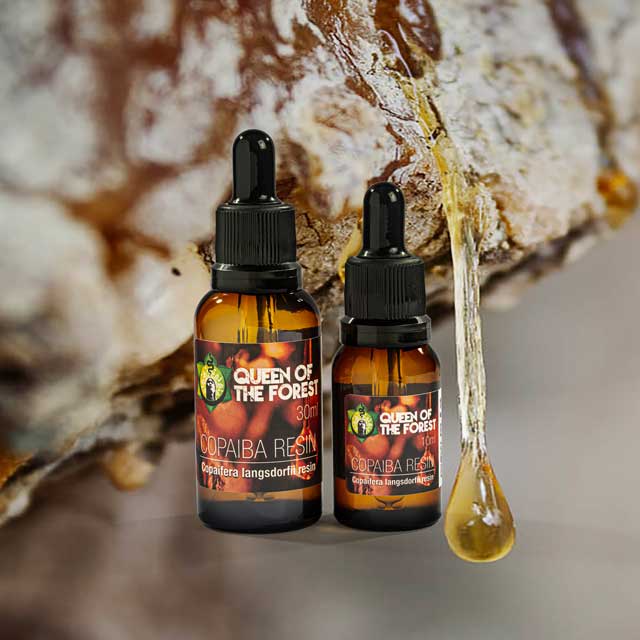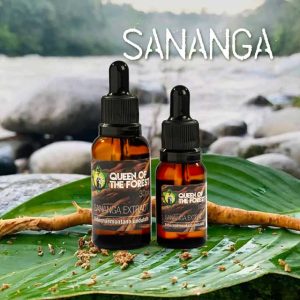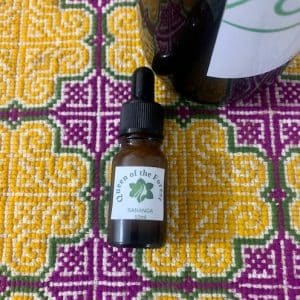Organic Copaiba Oil
$33.00 – $67.00
Organic Copaiba Oil
Copaifera reticulate, officinalis, coriacea, and langsdorffii
Powerfully relaxing, Copaiba oil comes from a very fragrant tropical tree native to South America. Copaiba oil can help soothe anxious feelings and supports the cardiovascular, nervous, digestive, immune, and respiratory systems.*
This very powerful oil from the amazon is used internally to fight toxins, as an anti-infammatory, decongestant and for kidney infection. Use 4 drops in 30 ml of water 3 times a day. For external use: burns, cuts, open wounds, most skin problems in general.
Copaiba Oil Usage Tips:
- Add one to two drops of Copaiba oil to water, juice, or tea to support the health of the cardiovascular, immune, digestive, nervous, and respiratory system.*
- Copaiba oil Provides antioxidant support when ingested.*
- Drop one to two drops of Copaiba oil under the tongue as part of your daily health regimen.
- Add a drop of Copaiba oil to facial moisturizer to help keep skin clear and reduce the appearance of blemishes.






 Join the Tribe
Join the Tribe











